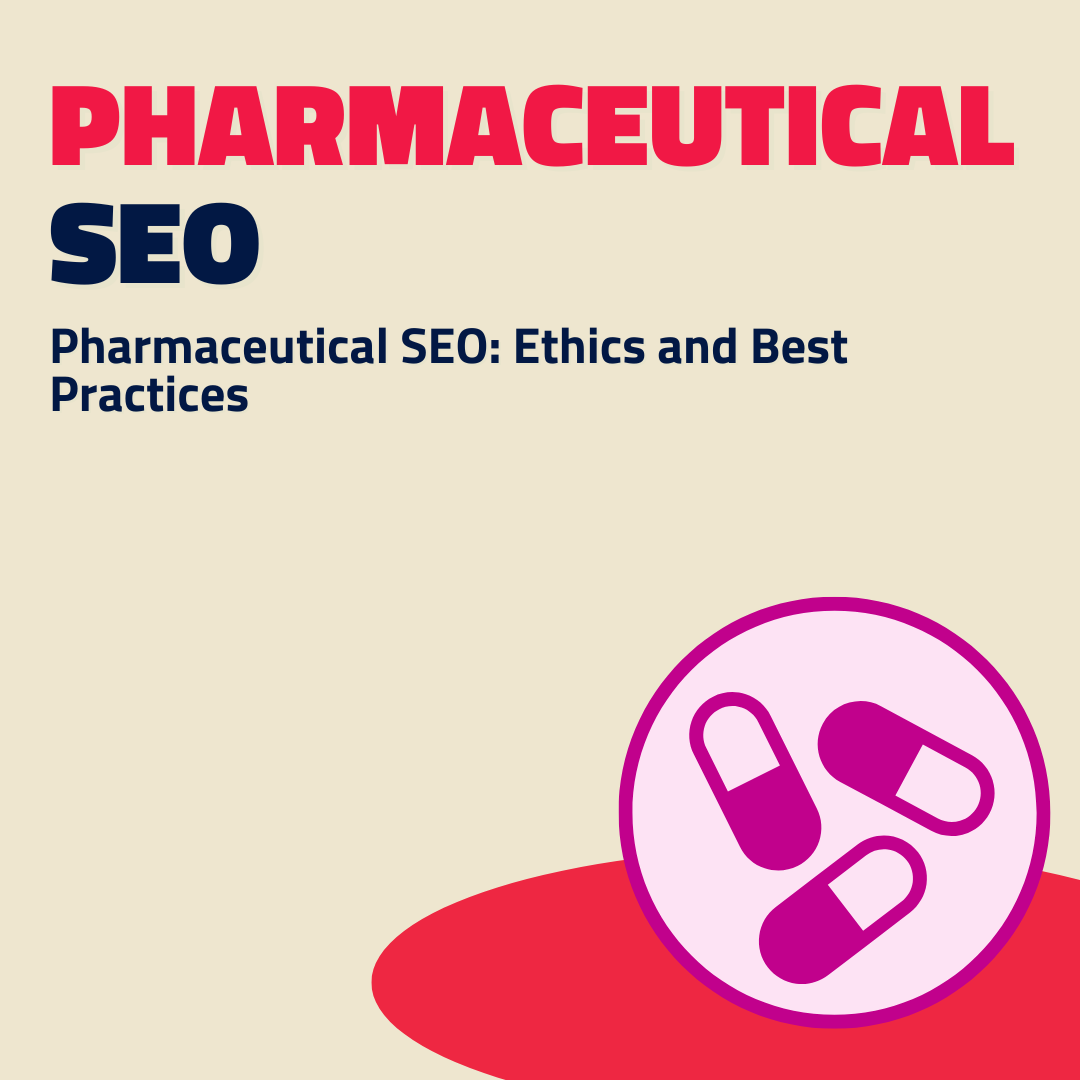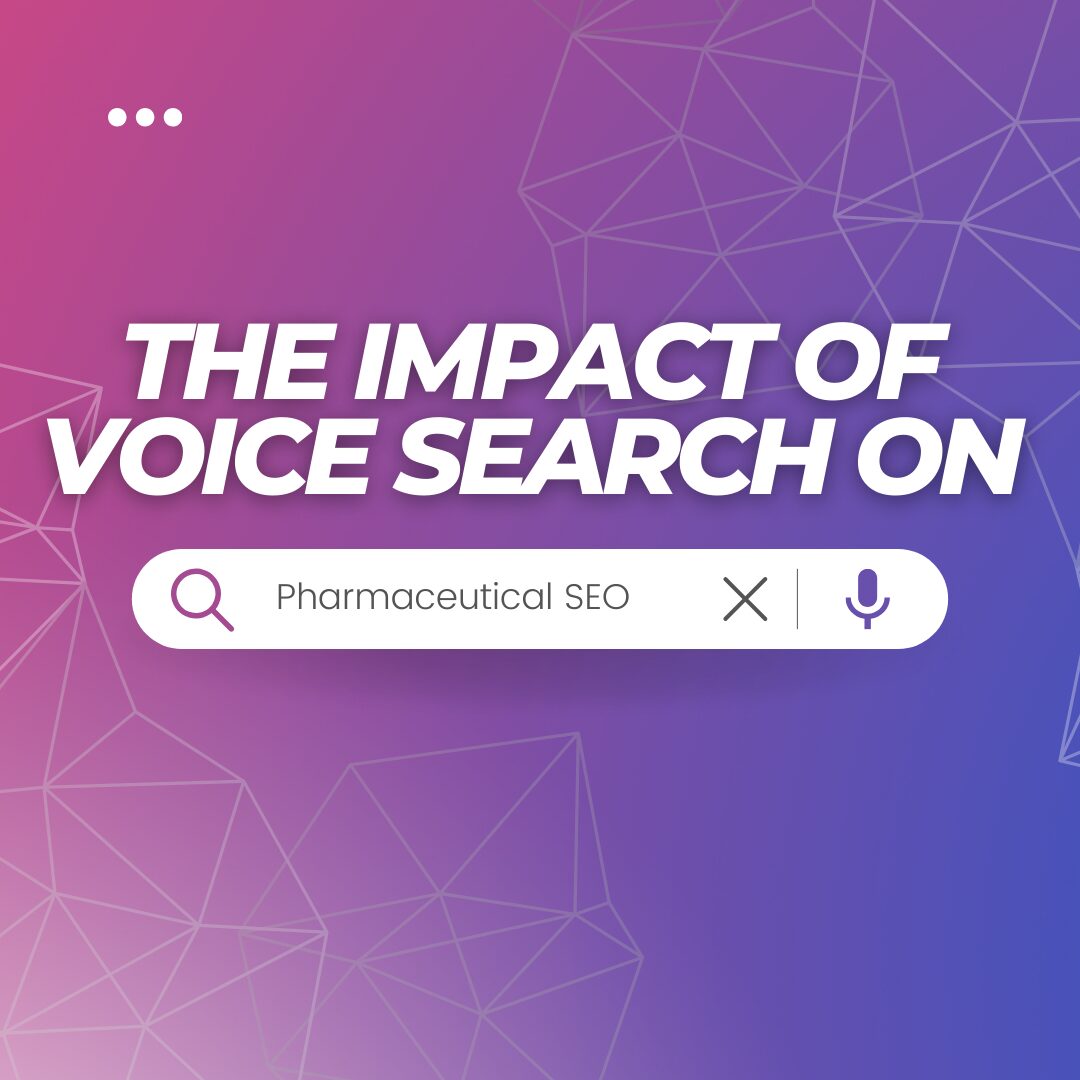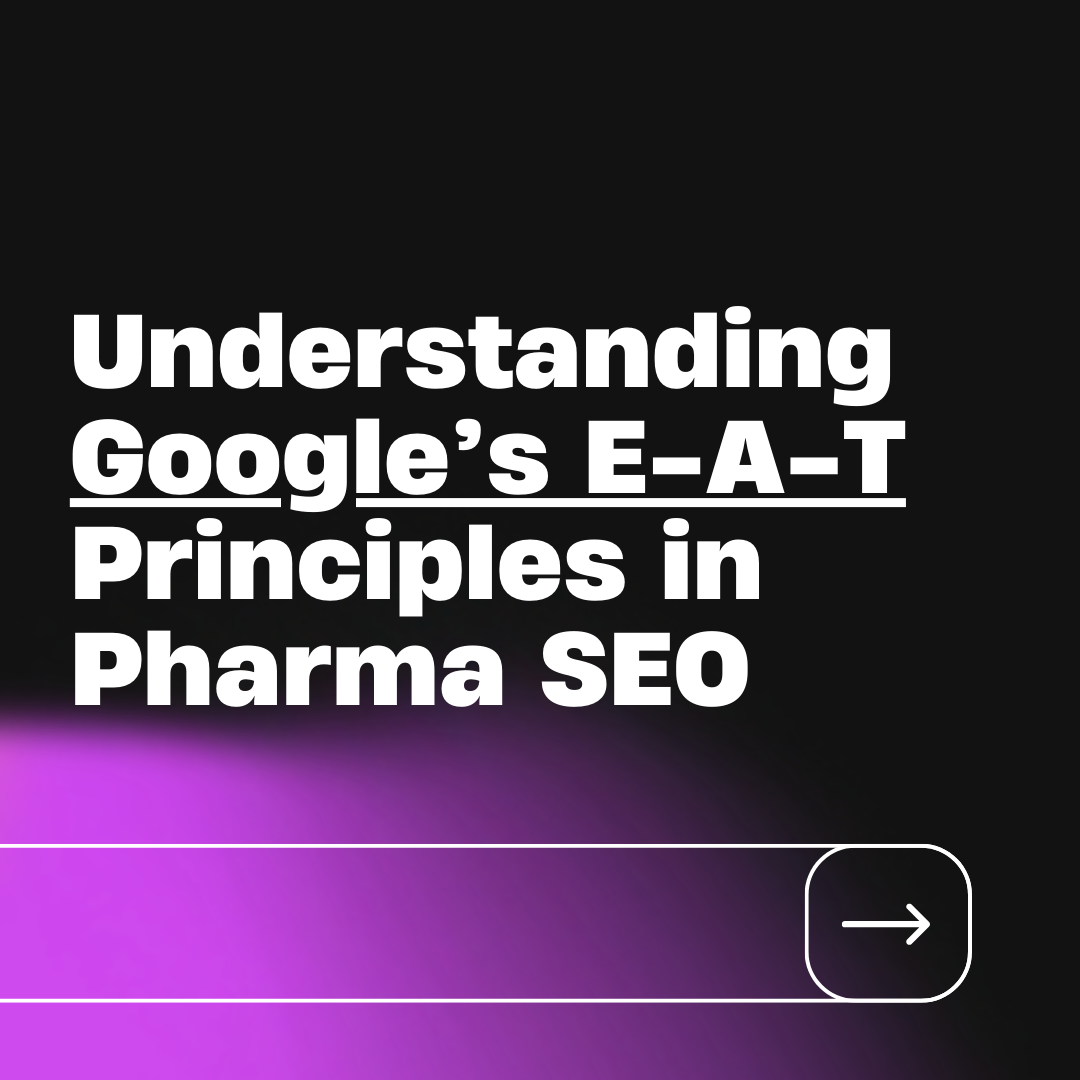In the realm of pharmaceutical SEO, where the stakes involve the health and well-being of individuals, the importance of ethics cannot be overstated. As an industry that directly impacts human lives, pharmaceutical companies have a profound responsibility to ensure that their digital marketing practices adhere to the highest ethical standards. This commitment to ethics is not only a matter of regulatory compliance but also a crucial aspect of building trust and credibility with consumers.
SEO, while a powerful tool for enhancing visibility and engagement, carries unique ethical implications in the pharmaceutical sector. Misinformation or unethical SEO practices can have serious repercussions, potentially misleading patients or healthcare providers and affecting health outcomes. Therefore, maintaining integrity in SEO practices is essential for protecting consumers and upholding the reputation of pharmaceutical brands.
In this context, ethical SEO practices encompass a range of considerations from accuracy and transparency of information to the responsible use of data and adherence to regulatory guidelines. For pharmaceutical companies, navigating these ethical waters is not just about avoiding penalties but about fostering a positive relationship with the audience that relies on them for accurate health information. By committing to ethical SEO practices, pharmaceutical companies can ensure they not only meet legal requirements but also contribute to the well-being of their consumers, ultimately enhancing their standing in the industry.
Regulatory Compliance
In the pharmaceutical industry, adherence to strict regulatory guidelines is paramount, not only for legal compliance but also to maintain the trust and safety of consumers. Regulatory bodies such as the U.S. Food and Drug Administration (FDA) and the European Medicines Agency (EMA) set rigorous standards that govern the marketing and communication of pharmaceutical products. These standards ensure that all information disseminated is accurate, scientifically sound, and beneficial for public health.
Overview of Regulatory Bodies and Guidelines
The FDA and EMA are pivotal in setting the framework for how pharmaceutical companies can promote their products. These agencies require that any marketing materials, including those optimized for SEO, must be truthful, non-misleading, and supported by scientific evidence. This includes the need for proper balance in presenting both the benefits and potential risks of any pharmaceutical product. Additionally, promotional materials must not suggest off-label uses if they are not cleared by the regulatory bodies.
Compliance Tips for Content and Marketing Practices
To ensure compliance with these regulatory standards, pharmaceutical companies should adopt the following practices:
- Pre-Approval Review: Establish an internal review process where all SEO content is checked for compliance before publication. This review should involve legal and medical experts who can verify the accuracy and regulatory adherence of the information.
- Evidence-Based Content: Ensure that all claims made about pharmaceutical products are backed by robust scientific evidence. References to clinical trials, peer-reviewed studies, and approval statuses should be clearly cited to reinforce the validity of the claims.
- Risk Information: Adequately disclose the risks associated with the use of any drug in your content. This is not only a regulatory requirement but also a practice that fosters trust with consumers.
- Regular Updates: Keep all content up-to-date with the latest regulatory changes and product information. Regular audits of SEO content can help identify and correct any outdated or non-compliant information.
Transparency and Honesty
Transparency and honesty are foundational to ethical pharmaceutical marketing. In the context of SEO, this means creating content that accurately represents products and services without exaggeration or omission of crucial information.
The Role of Clear, Honest Communication
Clear and honest communication involves presenting information in a way that is easily understandable and free from ambiguity. This includes explaining medical terms in layman’s language and ensuring that the intended message about a product’s use and efficacy is not distorted by marketing tactics.
Avoiding Misleading Information
To avoid misleading information, pharmaceutical companies should:
- Avoid Ambiguities: Do not use vague or ambiguous language that could mislead consumers about the effectiveness or safety of a product.
- Fact-Check and Verify: Double-check all facts and figures used in SEO content to ensure they are accurate and reflective of the latest research.
- Balance Promotional Content: While SEO aims to enhance visibility and engagement, content should not overly promote a product at the expense of disclosing necessary health and safety information.
Best Practices
For pharmaceutical companies, ethical SEO extends beyond content creation to include practices that safeguard user privacy, ensure the integrity of external links and partnerships, and facilitate consistent monitoring and auditing. These best practices are essential to maintain compliance and foster trust among consumers and healthcare professionals.
Maintaining User Privacy and Data Protection
Privacy and data protection are critical concerns, especially when dealing with health-related information. Pharmaceutical companies must adhere to stringent data protection laws, such as the General Data Protection Regulation (GDPR) in Europe and the Health Insurance Portability and Accountability Act (HIPAA) in the United States. Key practices include:
- Consent Management: Ensure that all data collection mechanisms, such as forms on landing pages, include clear consent options. Users should have full control over what information they share and understand how it will be used.
- Data Security Measures: Implement robust security protocols to protect user data from unauthorized access or breaches. This includes using secure servers, encryption methods, and regular security audits.
- Transparency: Clearly communicate your data privacy policies to users. Provide easy access to these policies and update them regularly to reflect any changes in data handling practices.
Ethical Link Building and Partnerships
Link building is a significant component of SEO, but it must be handled ethically to avoid penalties and preserve credibility:
- Quality Over Quantity: Focus on acquiring links from reputable and relevant sources within the healthcare and pharmaceutical sectors. High-quality links from authoritative sites will benefit your SEO more than numerous low-quality links.
- Partnerships: Form partnerships with reputable organizations and thought leaders in the pharmaceutical industry. Co-authored papers, guest posts, and shared studies can provide valuable backlinks and enhance your authority.
Monitoring and Auditing
Continuous monitoring and auditing are crucial to ensure that your SEO practices remain compliant and effective:
- Regular SEO Audits: Conduct comprehensive SEO audits regularly to identify and rectify issues related to website structure, content, and backlinks. This helps in maintaining high standards and aligning with the latest search engine algorithms.
- Compliance Checks: Regularly review your SEO strategies and content to ensure they comply with the latest regulatory guidelines and ethical standards. This includes checking for accurate risk information, proper advertisement of pharmaceutical products, and adherence to data protection laws.
Tools and Practices for Ensuring Ongoing Compliance
Leveraging the right tools can streamline the monitoring and auditing process, making it easier to maintain compliance:
- SEO Management Tools: Utilize tools like SEMrush, Moz, or Ahrefs to monitor your search rankings, backlink quality, and overall site health. These tools can help identify technical issues and track the impact of your SEO efforts.
- Compliance Software: Use compliance management software specifically designed for the pharmaceutical industry. These tools can help track regulatory changes and ensure that your marketing materials meet legal standards.
- Training and Development: Regular training for your SEO and marketing teams on the latest SEO practices, ethical guidelines, and regulatory changes is essential. This ensures that everyone involved is up-to-date and committed to maintaining high ethical standards.
Conclusion
The pursuit of ethical SEO practices within the pharmaceutical industry is not only a regulatory necessity but also a cornerstone for building long-term relationships based on trust and credibility with consumers. By adhering to the highest ethical standards, pharmaceutical companies can ensure that their marketing efforts lead to genuine and safe engagement, while also protecting the health and well-being of the public. These practices go beyond mere compliance; they reinforce the moral responsibility of pharmaceutical providers to offer transparent, accurate, and helpful information to those who seek it.
The benefits of maintaining ethical SEO practices are manifold. They include sustained trust from consumers and healthcare professionals, improved brand reputation, and enhanced long-term customer engagement, all of which are crucial for competitive differentiation in the pharmaceutical industry. Moreover, ethical practices help avoid the legal repercussions and financial penalties associated with non-compliance, which can undermine both financial stability and consumer confidence.
As the digital landscape continues to evolve, it is imperative for pharmaceutical companies to not only keep pace with SEO trends but also ensure that these advancements are implemented in a manner that upholds ethical standards. This commitment to ethics should be viewed as an integral part of a company’s brand identity and a central component of its operational philosophy.


